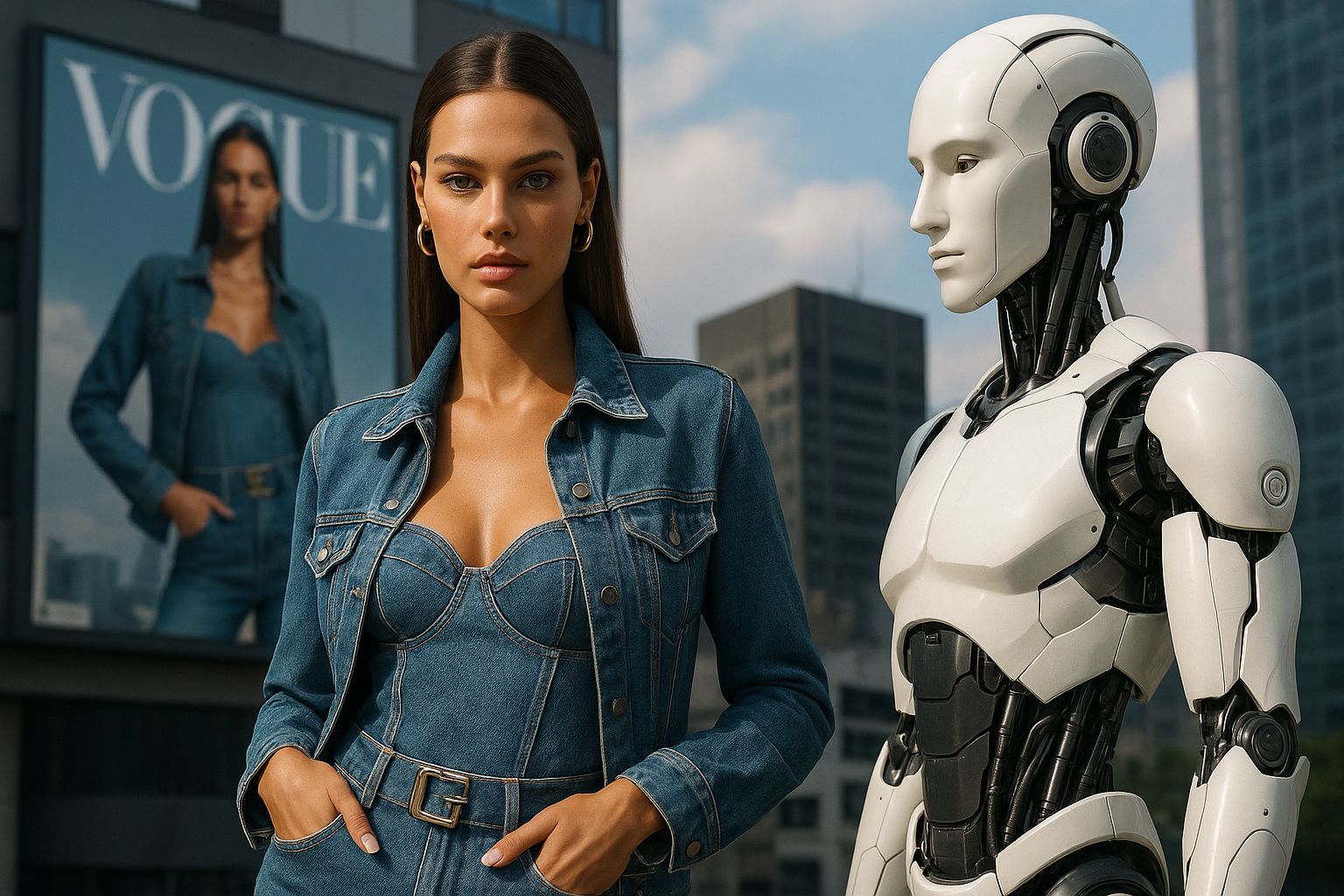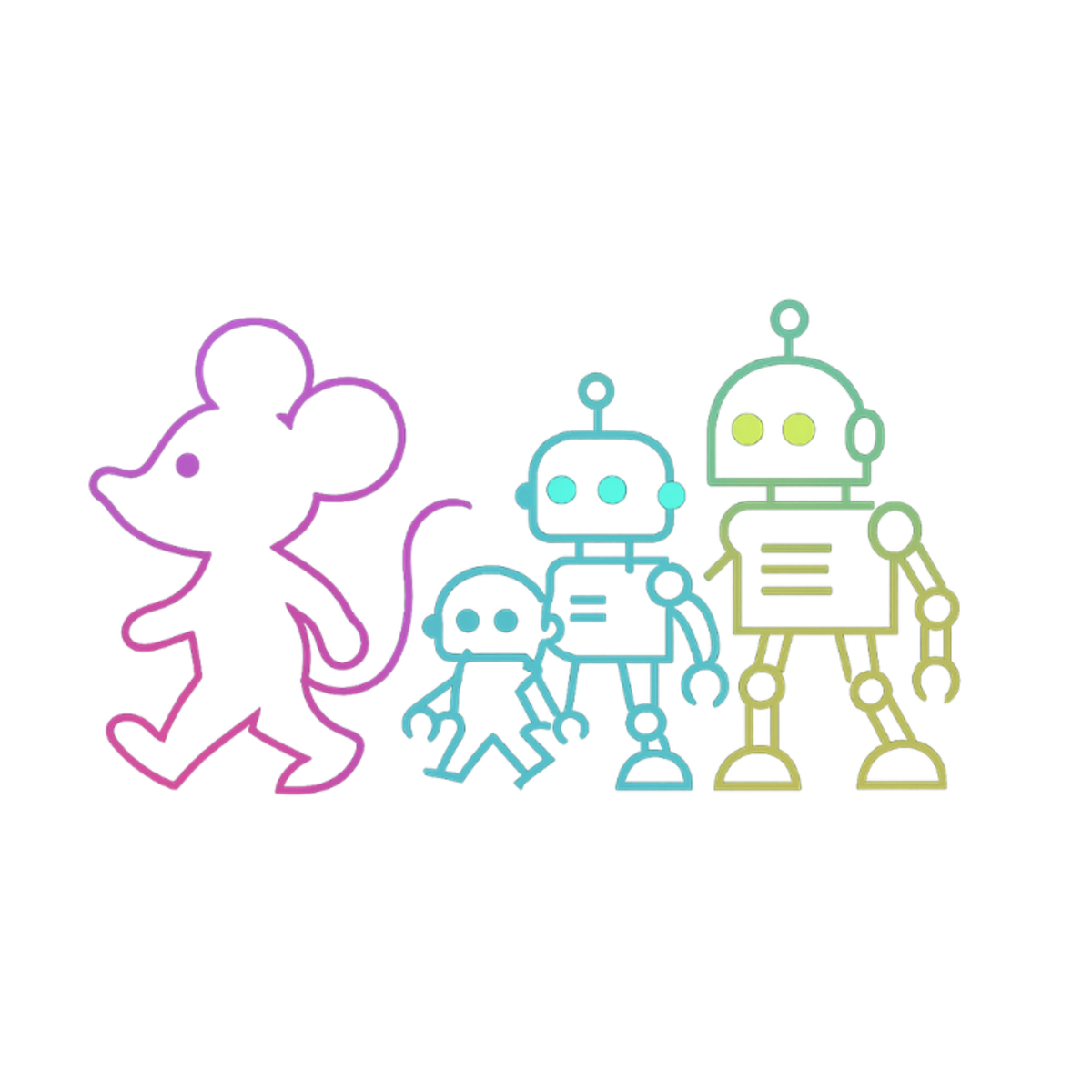Imagine flipping through Vogue's latest issue and stopping at a Guess ad featuring a beautiful model. Now, picture discovering she's entirely AI generated.
This isn't a futuristic scenario, it's happening now, and it's shaking up more than just the fashion world.
Why Vogue's AI Model Is a Game Changer
Vogue's August 2025 issue features a Guess advertisement with an AI generated model created by Seraphinne Vallora. This marks the first time the magazine has published a campaign using an artificial person, sparking public debate on the impact of AI in fashion. The move follows a new multi year partnership between Conde Nast, Vogue's publisher, and OpenAI. Reactions vary widely, with some criticizing the effect on beauty standards and job opportunities for real models.
Seraphinne Vallora, the agency behind the AI model, reports that creating such a model involves a team of five specialists and takes about a month to complete. The cost? Up to the low six figures per campaign. This efficiency is turning heads across industries. For instance, H&M has started rolling out what it calls "digital twins," effectively AI generated clones of models.
The BBC notes that despite the company's insistence that it uses human creatives, on its website it lists the benefits of working with AI as "eliminating the need for expensive set ups, MUA artists, venue rentals, stage setting, photographers, travel expenses, hiring models." Guess's Instagram page has also been inundated with negative comments from people livid about the AI models. Tellingly, the brand has not posted the AI generated images on the social media platform.
Brands Racing to Embrace AI
Guess isn't alone. H&M has started rolling out what it calls "digital twins," effectively AI generated clones of models. The BBC notes that despite the company's insistence that it uses human creatives, on its website it lists the benefits of working with AI as "eliminating the need for expensive set ups, MUA artists, venue rentals, stage setting, photographers, travel expenses, hiring models."
Guess's Instagram page has also been inundated with negative comments from people livid about the AI models. Tellingly, the brand has not posted the AI generated images on the social media platform.
Challenges Ahead
While AI offers efficiency, it raises concerns. Critics argue that AI removes opportunities from real models and creatives while perpetuating unrealistic beauty standards. Despite claims that Seraphinne Vallora offers services like 'AI digital twins' to expand opportunities for real models, concerns exist about who owns image rights and what happens if a model seeks to withdraw.
The agency also acknowledged current limitations in generating plus size models and diversity, sparking further criticism. While Guess spearheaded the initiative, the controversy reveals deeper tensions about AI's growing role in sectors traditionally driven by human creativity and representation.
The Gold Rush for Builders
Look, AI just unlocked a massive opportunity here. The fashion industry's embrace of AI models signals a broader trend. Early adopters are already leveraging AI to streamline operations and reduce costs. The data shows that companies integrating AI are seeing significant efficiency gains. Now's the time to build AI driven solutions that cater to this growing demand.
This isn't a passing trend. It's a fundamental shift in how industries operate. Businesses that embrace this early will have insurmountable advantages. The opportunity's clear for those who act now. The future is AI driven, and the time to position yourself is today.


